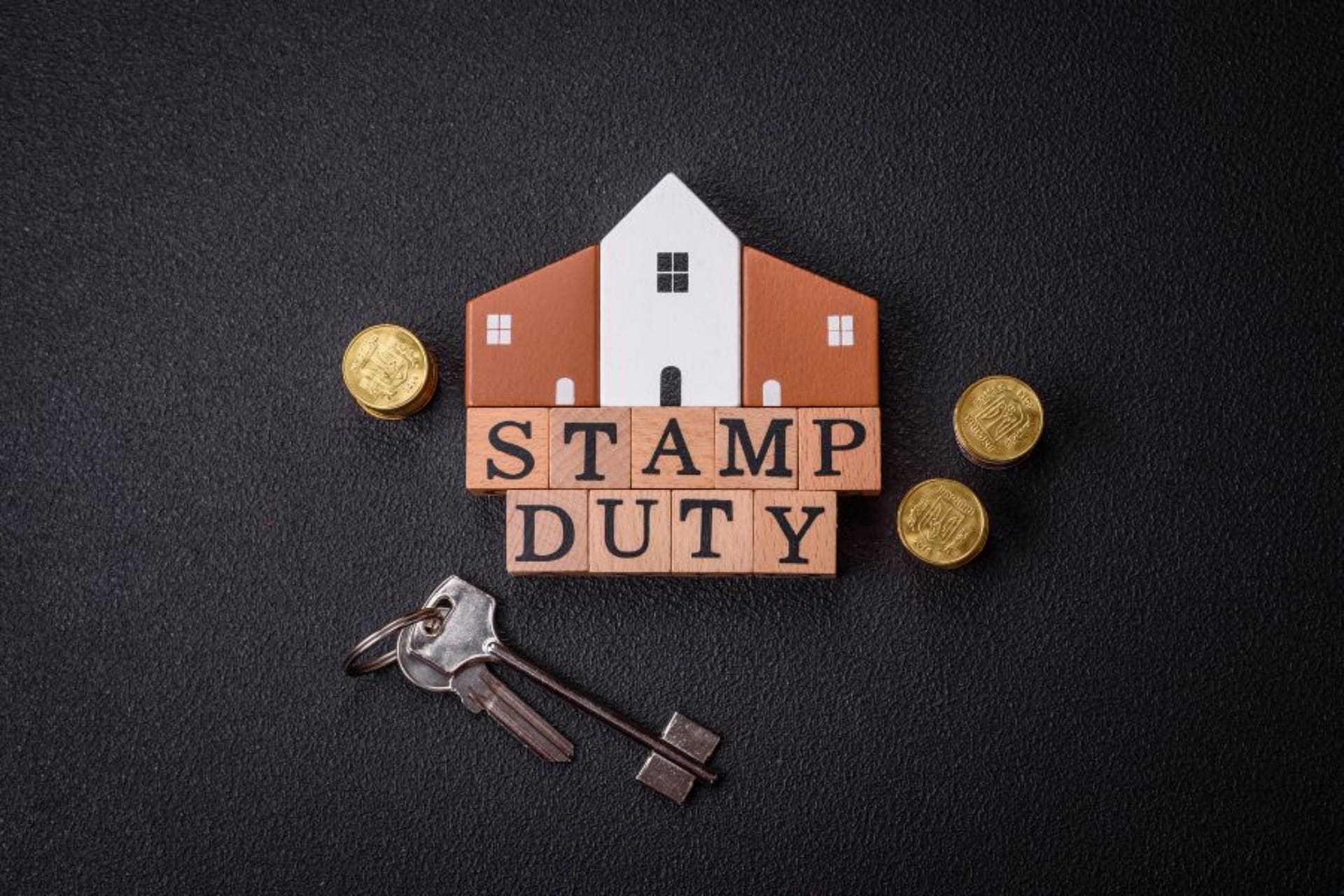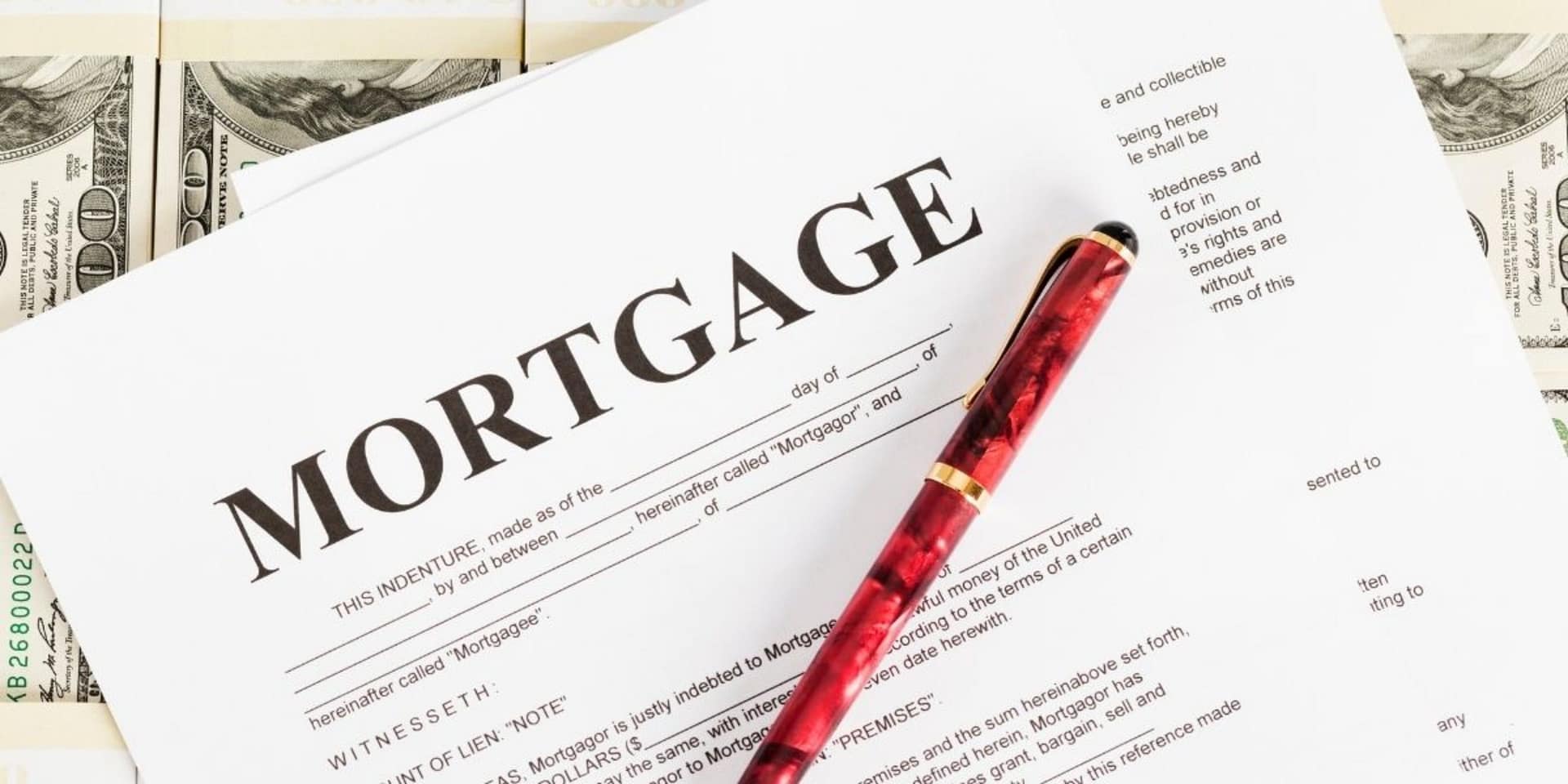Purchasing a house is a significant milestone, and in Queensland (QLD), it comes with its unique set of considerations. From location decisions to understanding new legislation, here’s what you need to know when buying a house in this vibrant state.
Table of Contents
ToggleThe Current State of the Housing Market
As of 2024, QLD’s housing market is experiencing a dynamic shift, primarily due to the Queensland Housing Investment Growth Initiative, which aims to stimulate property development and increase housing availability. This project is particularly relevant for buyers, as it not only affects prices but also increases options on the market.
Location and Lifestyle Choices
QLD offers a diverse range of lifestyles, from bustling city life in Brisbane to serene beachfront towns like the Sunshine Coast. Your choice should align with your lifestyle preferences, commute necessities, and financial capacity. Coastal areas, while more expensive, offer higher long-term value due to their desirability and limited supply.
Financial Considerations
Before diving into the market, assess your financial situation. This includes understanding mortgage options, interest rates, and eligibility for grants like the First Home Owner Grant, which offers up to $15,000 for buying or building a new home in QLD. Always consult with a financial advisor to secure the best deal that aligns with your economic circumstances.
Also read: Ongoing Costs of Owning a Home in Australia
Legal Framework
The legal aspect of buying a home in QLD cannot be overlooked. New laws, such as the recent adjustments to stamp duty, directly impact buyers. As of the last fiscal year, QLD implemented a tiered stamp duty system, making it more affordable for first-time buyers at certain price points. Ensure you have a competent conveyancer or solicitor to navigate these laws effectively.
Building Inspections and Valuations
Before finalizing any purchase, a thorough building inspection is crucial. This step can uncover potential issues with the property that could cost you in the long run. Similarly, obtaining a property valuation from a trusted professional can aid in negotiating prices and ensuring you pay a fair market price.
Also read: 7 Points to Include in Your Buying Property Checklist
Long-Term Considerations
Think long-term about the potential resale value of the property. Factors such as future infrastructure developments, like the expansion of QLD’s rail network, can significantly influence property values. Stay informed about planned projects in your chosen area as they can be a decisive factor in the property’s long-term appreciation.
Conclusion
When buying a house in Queensland, thorough preparation and understanding of the market are indispensable. By keeping abreast of new developments and legislation, such as the Queensland Housing Investment Growth Initiative, and considering both current and future factors, you can make a well-informed decision that aligns with both your immediate needs and future goals. Remember, this significant investment not only provides a home but also contributes to your long-term financial well-being.
Secure Your Queensland Dream with Confidence
The Queensland property market offers exciting opportunities, but legal complexities can arise. CJC Law conveyancing is your trusted partner for a smooth and stress-free buying experience. Our experienced property law team will guide you through every step, ensuring you make informed decisions and protect your interests.
Contact CJC Law today for a free consultation and navigate the Queensland property market with peace of mind.




